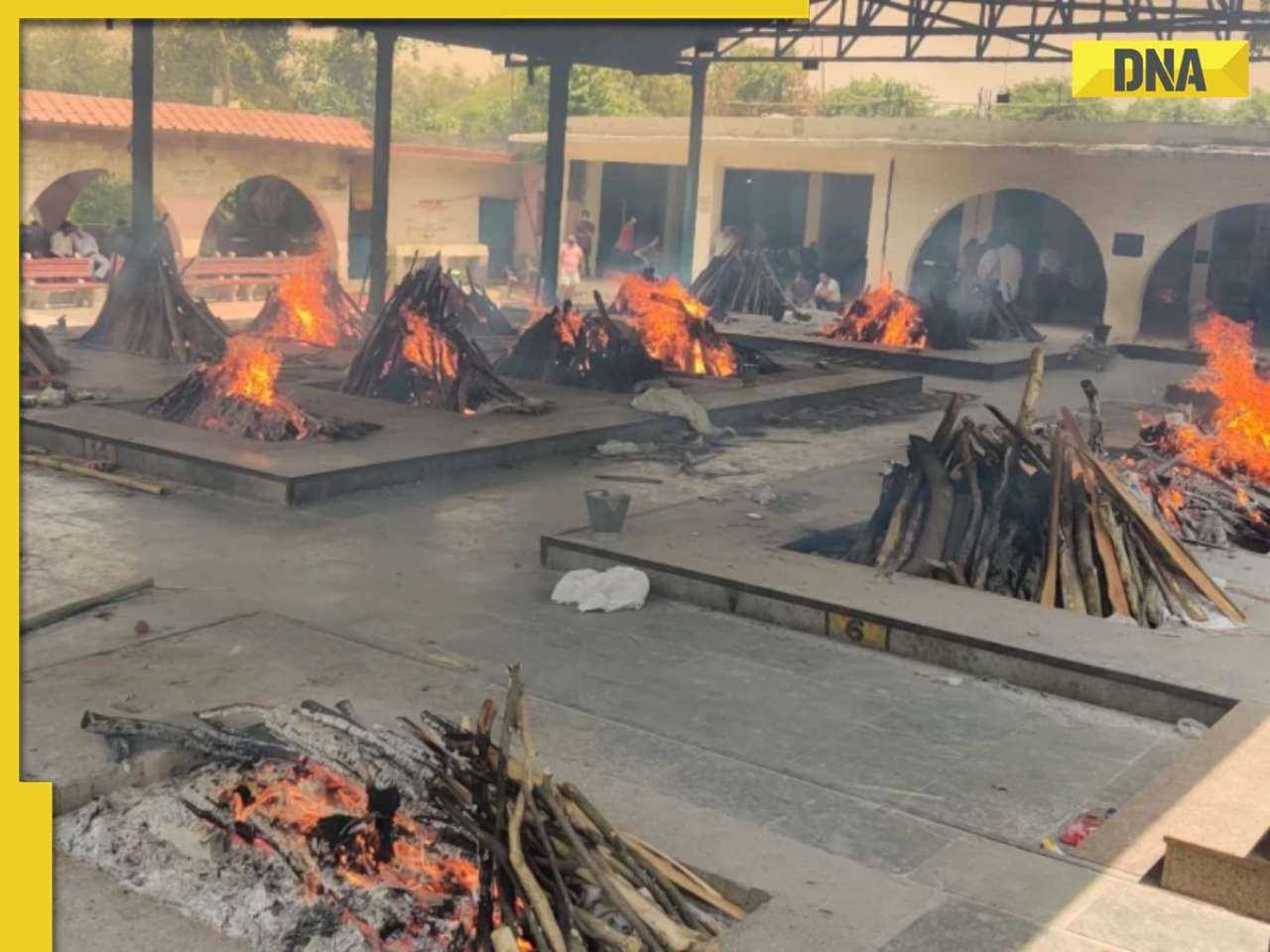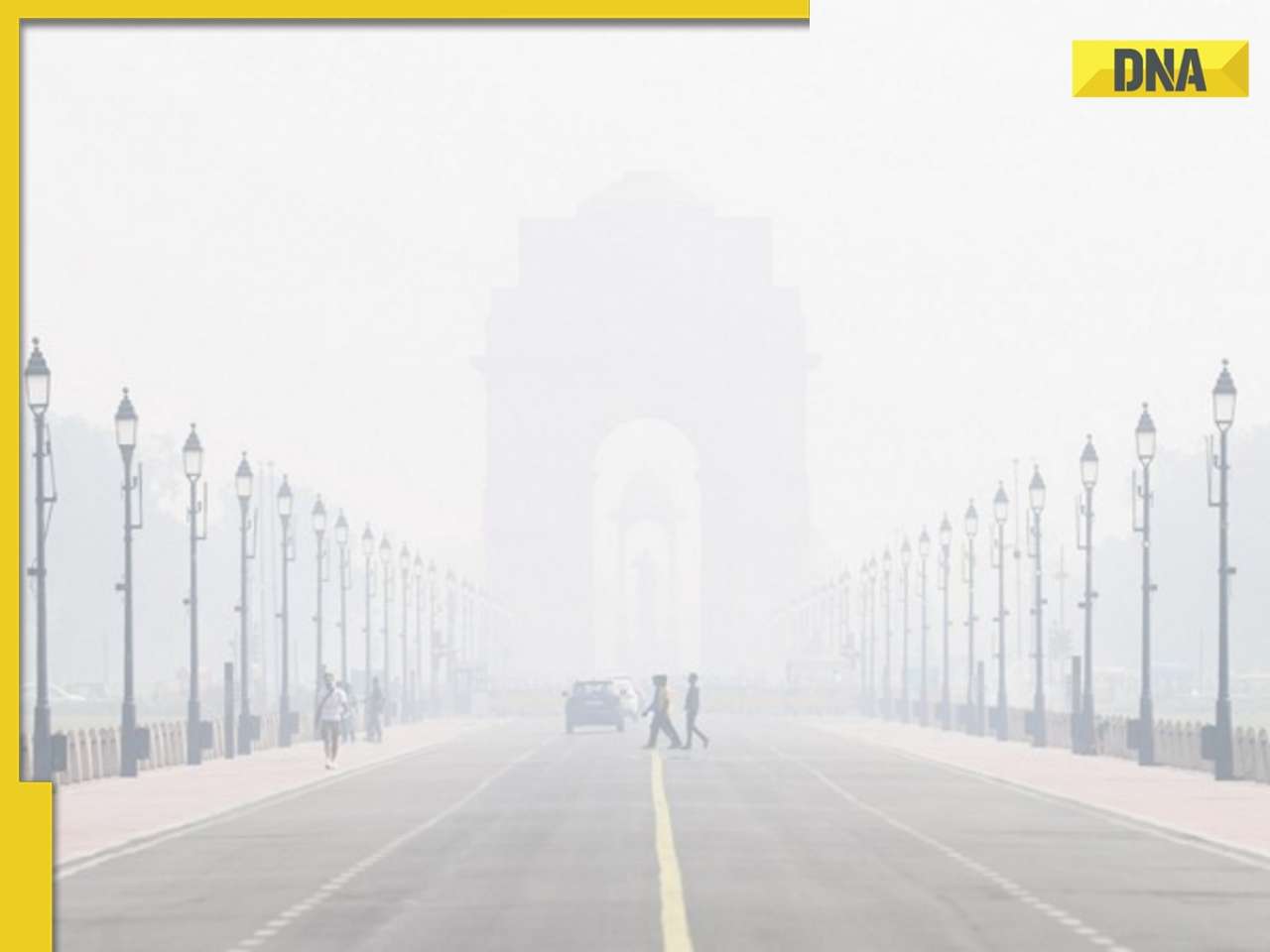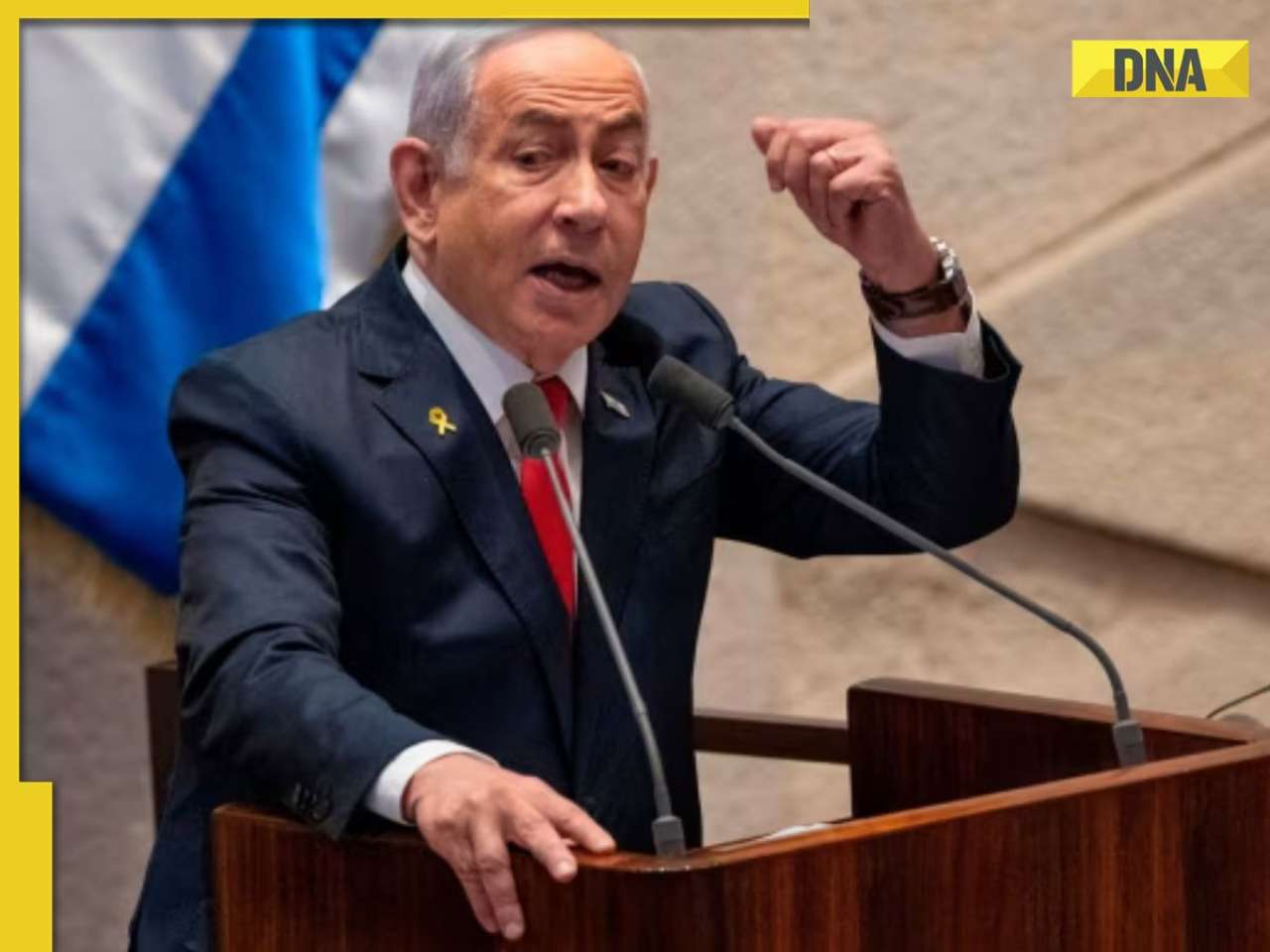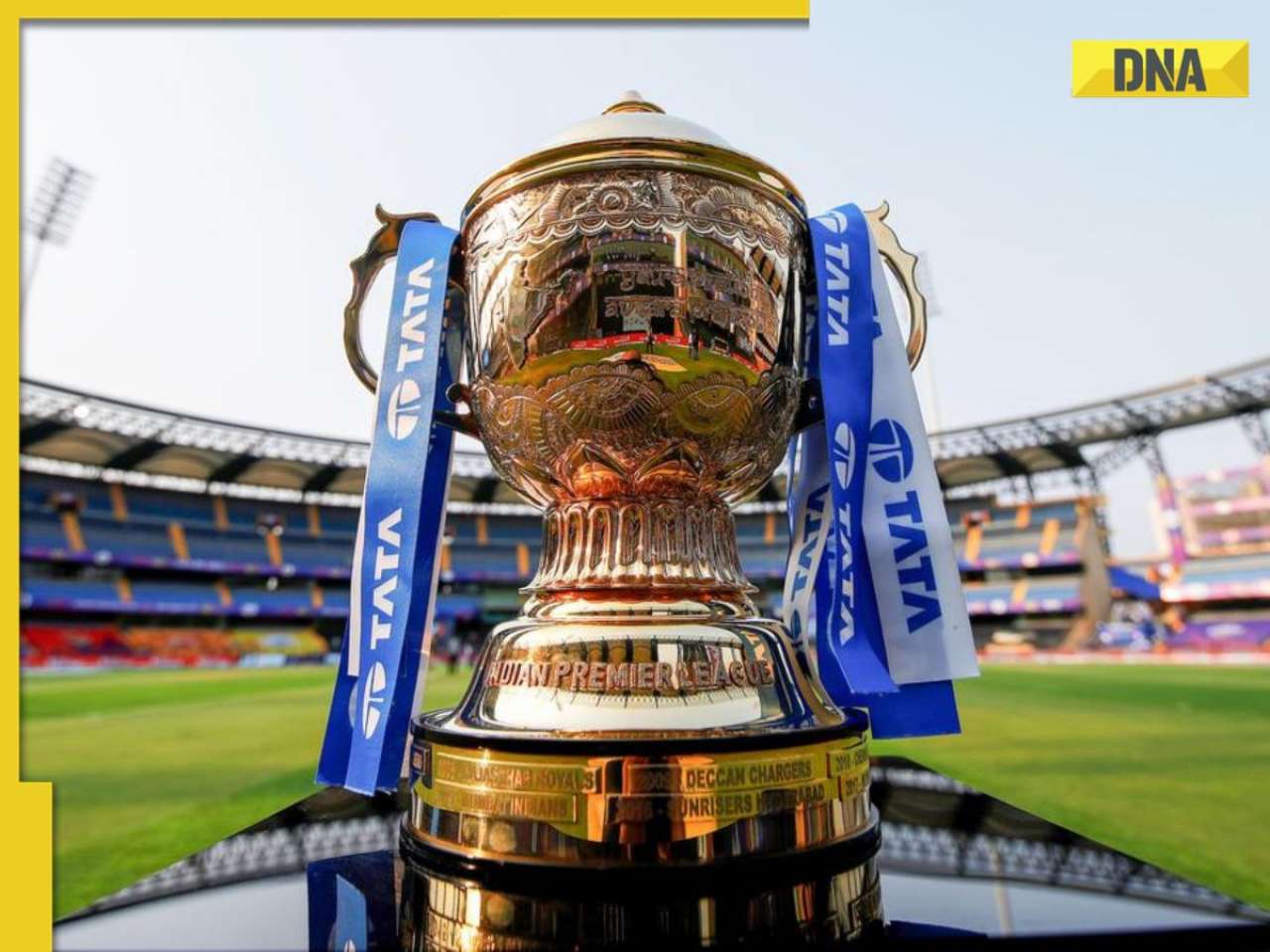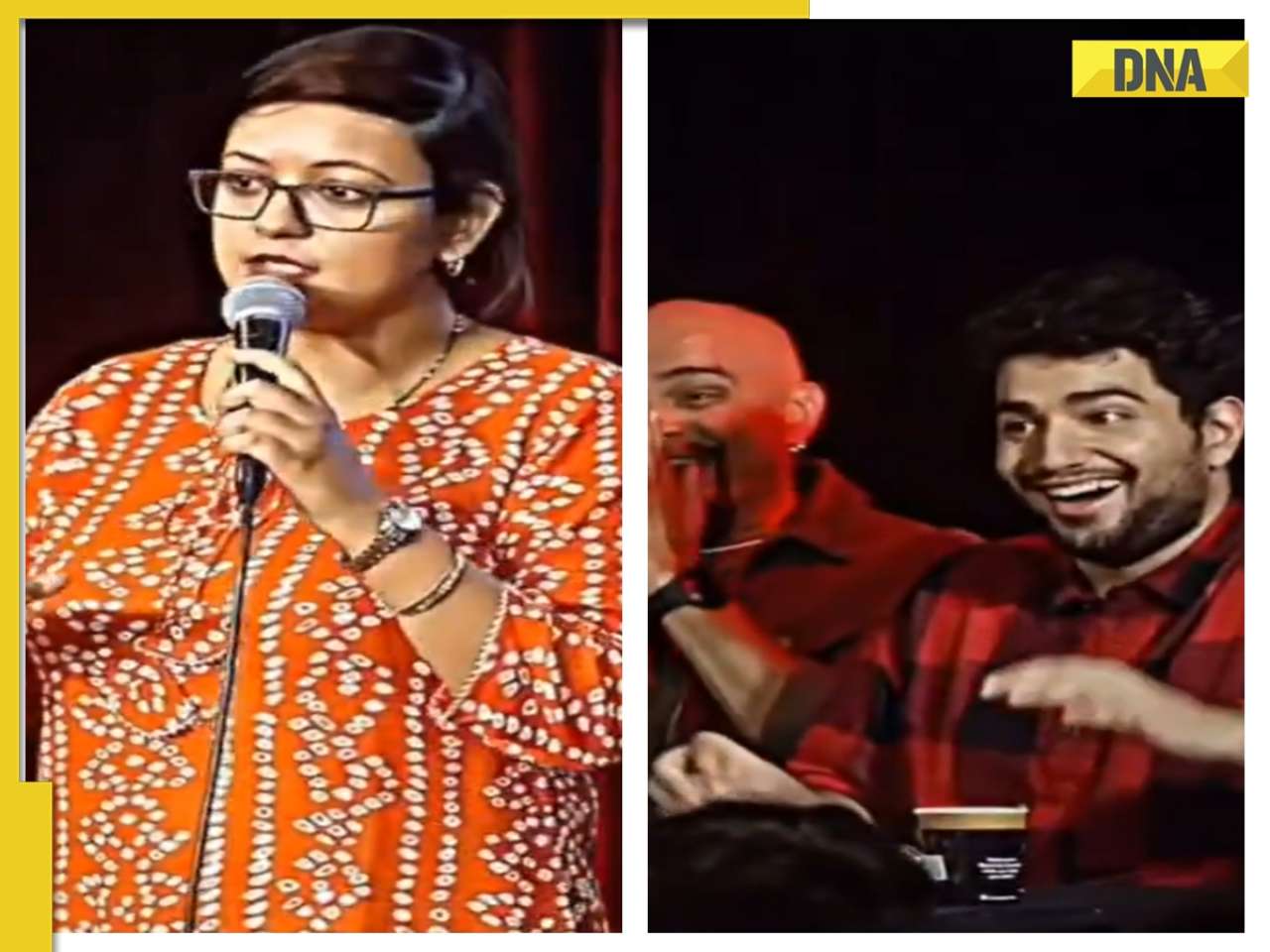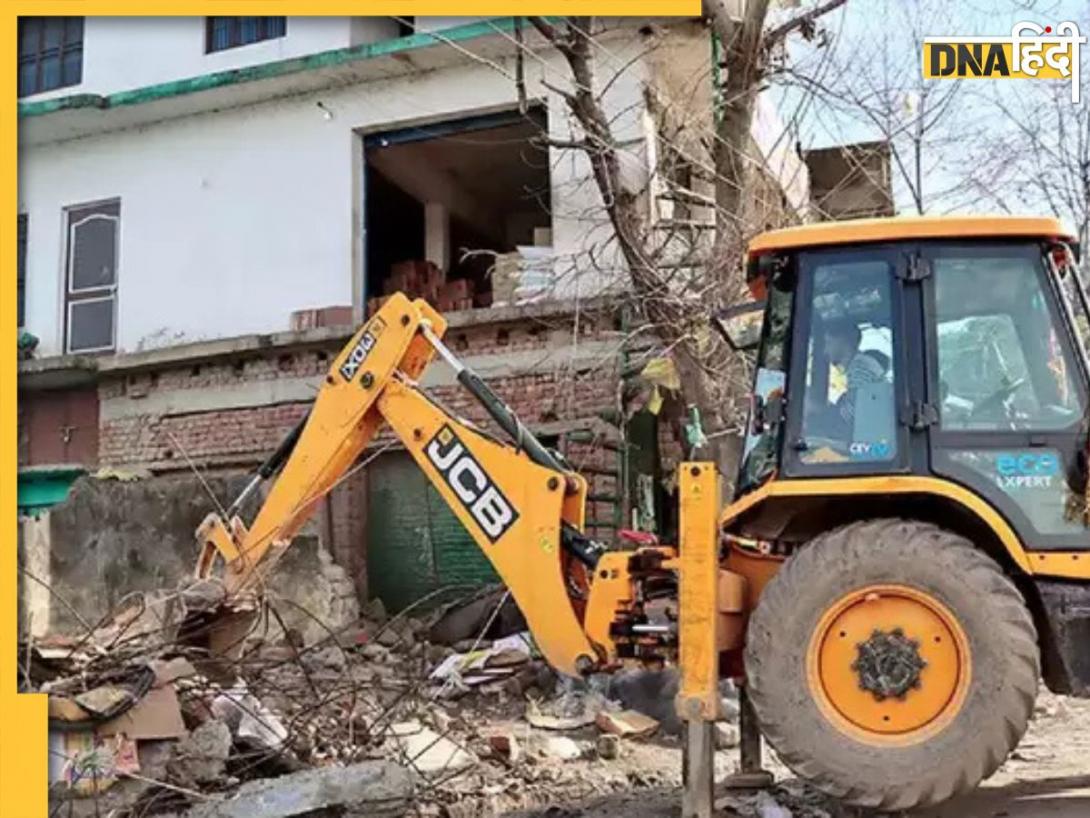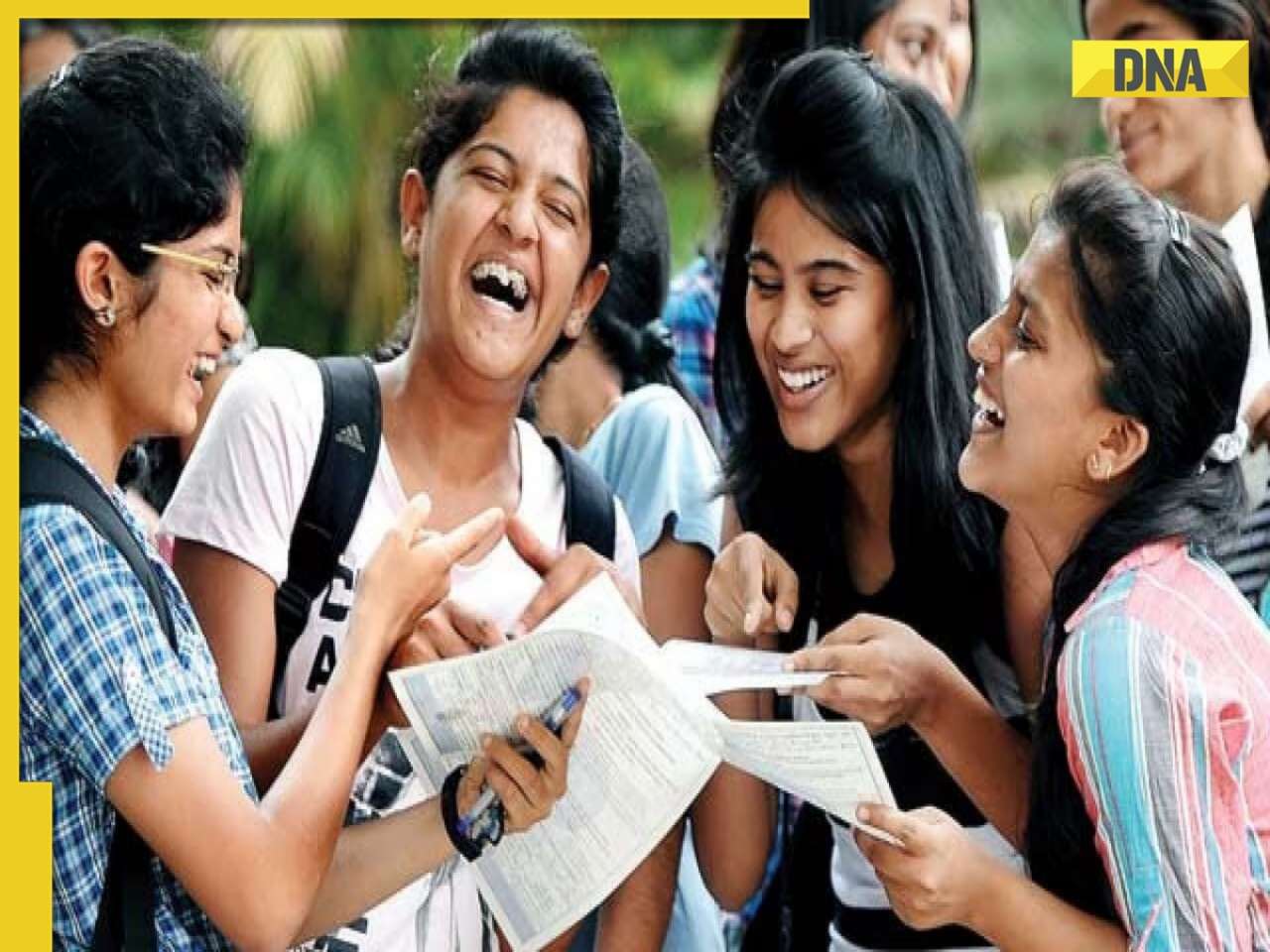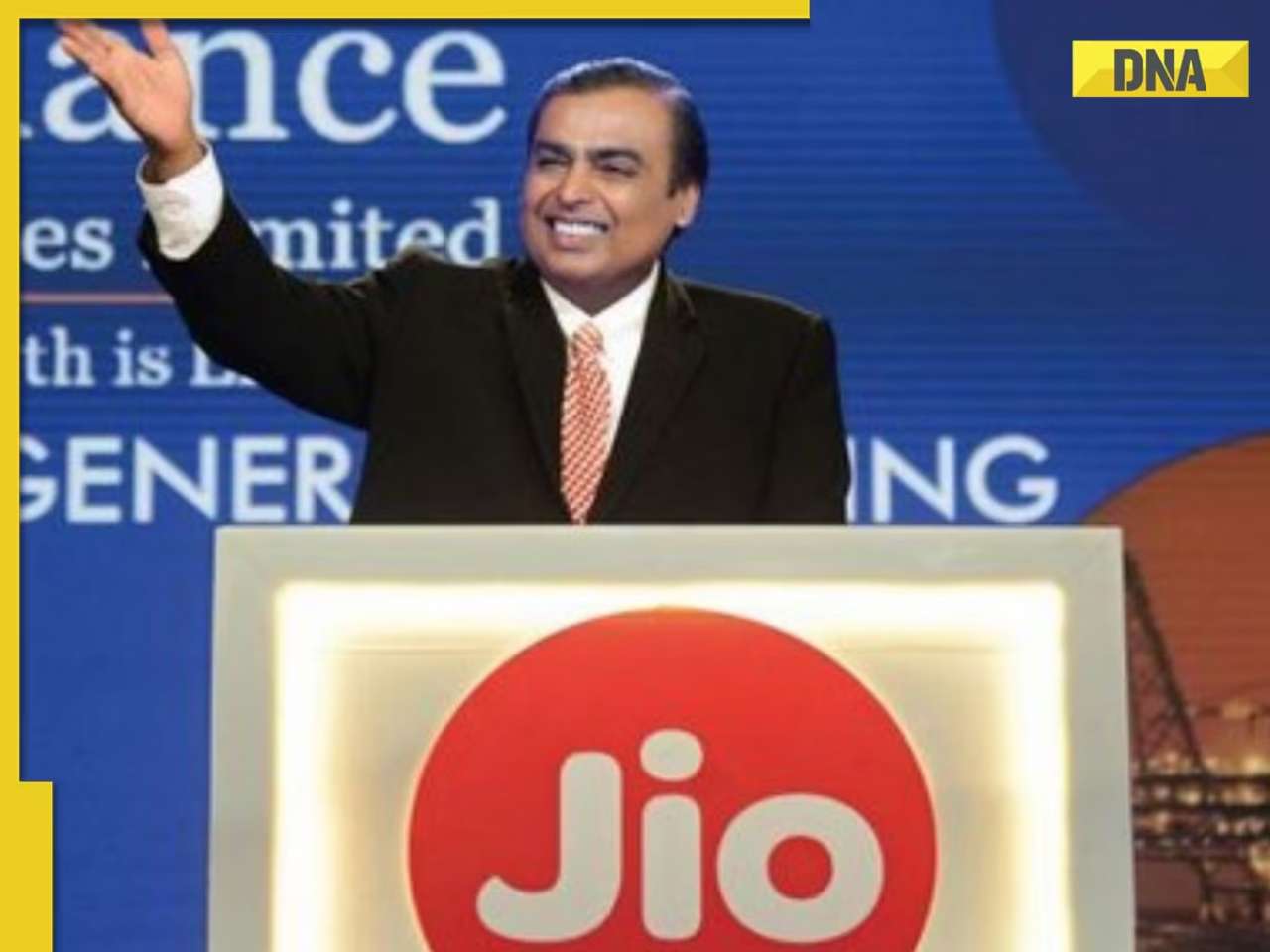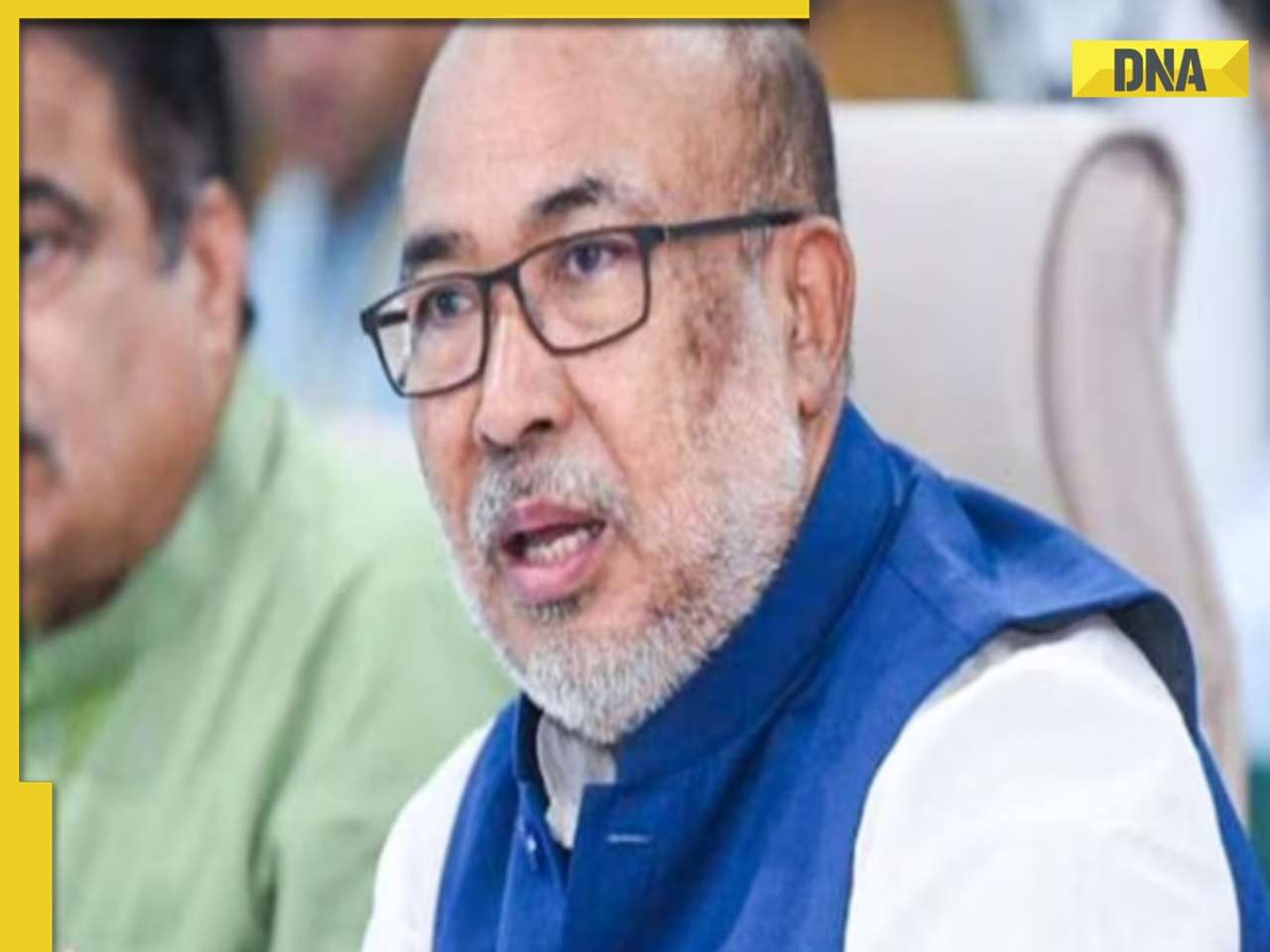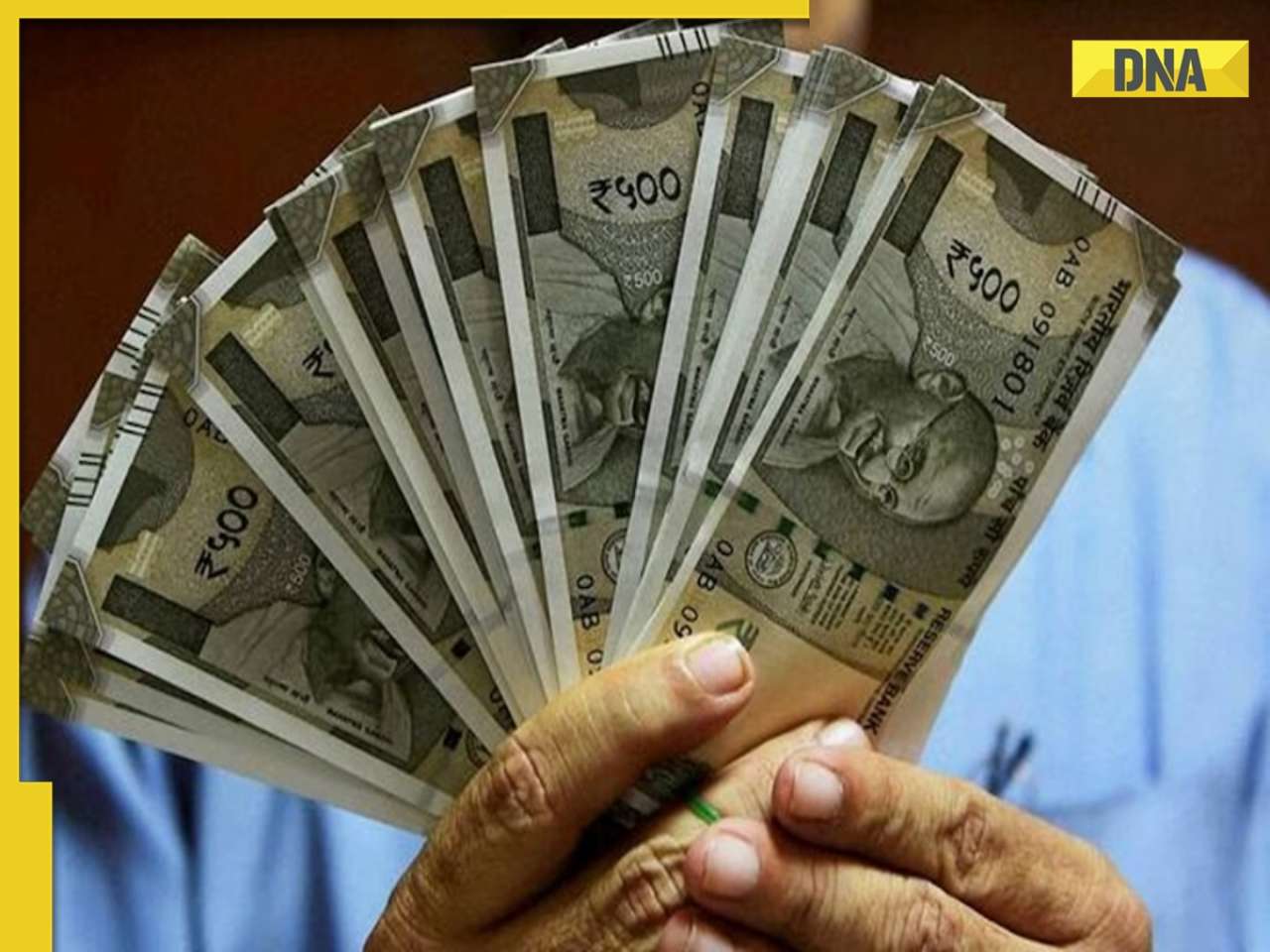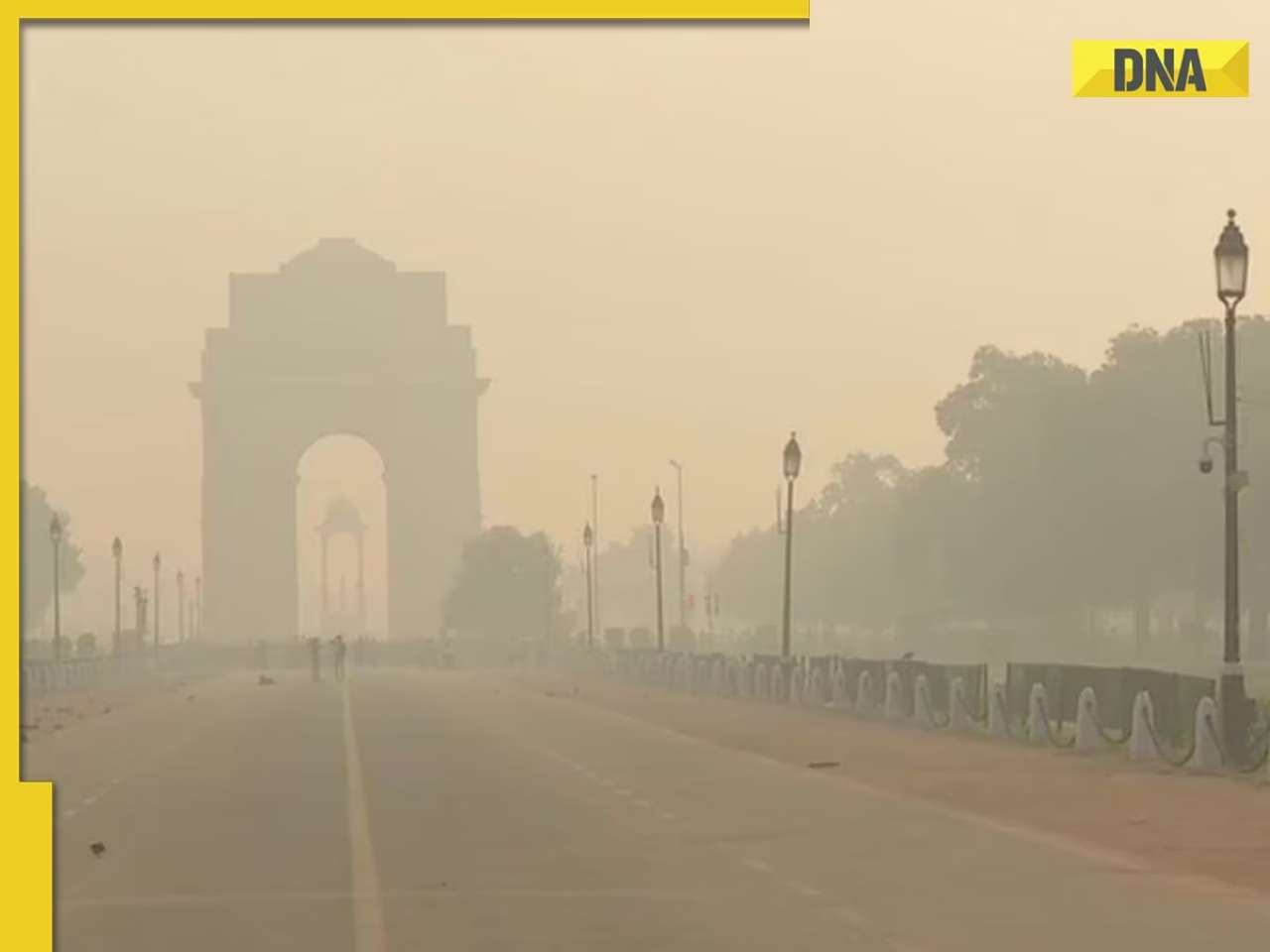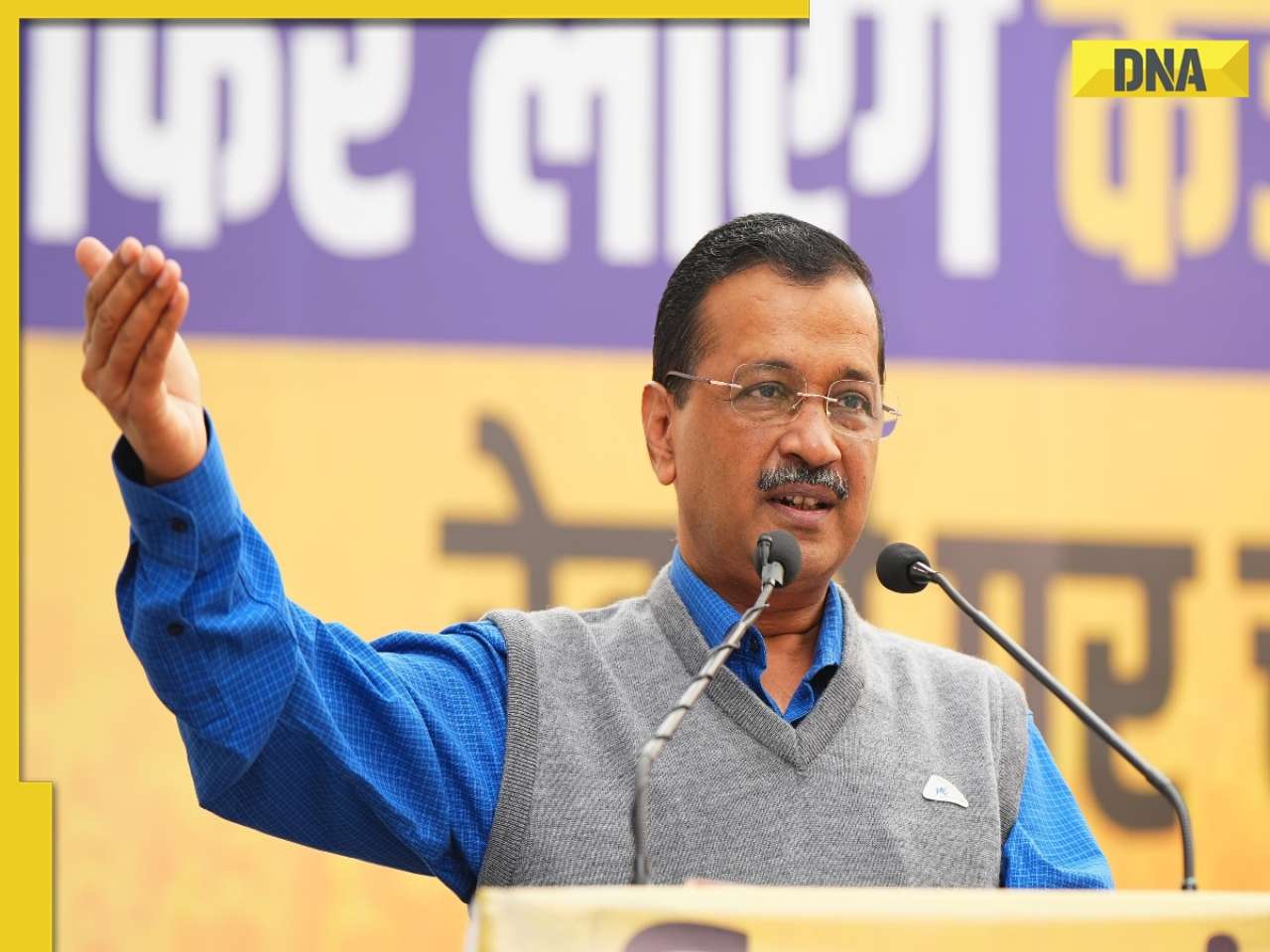- LATEST
- WEBSTORY
- TRENDING
ANALYSIS
The eligibility of language
Government should promote diversity in language skills rather than impose any one
TRENDING NOW
What differentiates our species from the rest of the animal kingdom is, not just the use of words, sentences, grammar and syntax for communication, but also the way these are linked to other aspects of our civilizations – society, culture, religion, science, technology, history, literature, poetry and basic expression. Most of us see our identity expressed less in terms of religion or even caste, and more in terms of language and linguistic grouping and mother tongue. One of the questions that vexes anthropologists, historians and those involved in the study of evolution of humanity is the appearance of language. They haven’t quite been able to identify what caused early humans to replace grunts with language. Neither have they been able to work out what made different people communicate with each other differently. Or in other words, why didn’t humanity evolve a single language, and what caused so many different groupings of people to communicate with each other in different ways. The 2013 survey of Ethnologue, a website that catalogues the languages of the world, declared that there were 7,016 languages and dialects. In the case of India, Ethnologue has this entry “The number of individual languages listed for India is 461. Of these, 447 are living and 14 are extinct. Of the living languages, 63 are institutional, 130 are developing, 187 are vigorous, 54 are in trouble, and 13 are dying.”
When we talk about languages in India, it is more than a way to communicate or to be understood – it encompasses an entire gamut of socio-cultural-religious facets, and for many Indians, our linguistic culture, heritage, pride and identity is as important as our broader national identity. However, despite our obvious pride and love of our linguistic heritage, we are a deeply pragmatic people. We have no issues in leaving our roots, our linguistic base and moving to new areas to transact trade, commerce or jobs. In that process, we learn new languages -- adapt to relatively new cultures and build new traditions -- without letting go of our old ones.
The Government of India, through the decades, has had a rather fuzzy policy towards languages. While its stated intent has been to respect all languages and consider Hindi for official use, the reality is that no concrete steps have been taken to implement this commitment. And, rightly so. Any attempt to adopt one language as being more important than any other will have repercussions at the state level. And the reason for this is neither linguistic pride nor culture, nor is it fondness for the language or its literature – it is for a far more tangible reason. And that is employment. If one Indian language, let us say for example Hindi, became the predominant language for official use – it would give those people whose mother tongue is Hindi an advantage over those whose mother tongue is not Hindi. And this has economic implications on the lives and livelihoods of those who wish to work for the government, the administration, bureaucracy or any department run by government. English has become the de facto link language – not just because it offers upward mobility, but also because it does not give any state or linguistic grouping within India an unfair advantage when it comes to competing for jobs. On the other hand, those insisting on the imposition of a State or Central language for official use, do so less out of pride and joy in their language. They are primarily motivated by the desire to secure employment-related advantages for those who are part of their core support group.
Indonesia faced a similar conundrum on achieving independence. With a 100-plus language network, the country had to decide on a link language. The policymakers didn’t pick Dutch (the language of the colonisers). Nor did they choose the most popular language. Instead, they selected the least spoken language as the country's link language. The idea was that if the most spoken language was to become the link language, it would give the people who spoke that language an unfair advantage. And in that process cause resentment and divisions in the fledgling nation. Instead of picking one of the languages native to its geography – Sindhi, Punjabi, Pushtu or even Bangla – Pakistan on its independence adopted Urdu -- a language that was native to India -- as its national language. The result was that migrants from India had an unfair advantage in government jobs, triggering resentment from other linguistic groupings. The Bangladesh liberation movement had its roots in accumulated resentment against the imposition of Urdu, and the East Pakistanis' pride in their language and culture.
When it comes to language as a means of communication -- the Government of India needs to be language agnostic. It shouldn’t be a Hindi-English binary. Rather the government needs to put out their communication in all official state languages in order to make it accessible to maximum number of people. Furthermore, Parliament itself needs to move away from a two-language formula. Parliamentarians should speak in the language of their choice, effectively using translators to translate the proceedings into other languages. If the purpose of language is communication, and the purpose of communication is to be understood, then we need to allow people to communicate in the language they know best. When it comes to language as culture, the Government can, at best support it – but it is up to the people to learn languages. Not up to the government to ensure that it is learnt. What the government can do, is to use its direct control on education and make learning languages an interesting experience. They need to ensure that children don’t dread language classes. Language education needs to be less about rules of grammar, and the conjugation of verbs. And more about basic communication skills and storytelling.
Many of us relate more to film and television language than taught in schools and colleges. Which is probably why Bollywood and Hindi television have been far more successful in spreading language than any state run policy. Maybe the Government can take a leaf out of this book of entertainment.
The author is Head, Digital Content, Zee Media Corporation;@calamur







)
)
)
)
)
)
)
)
)
)
)
)
)
)
)
)








